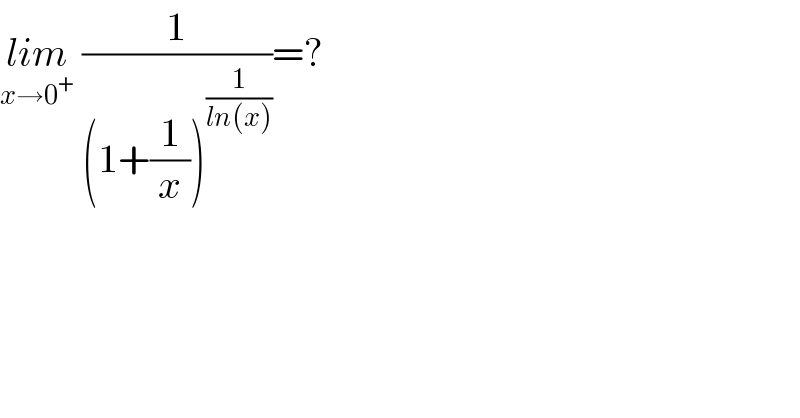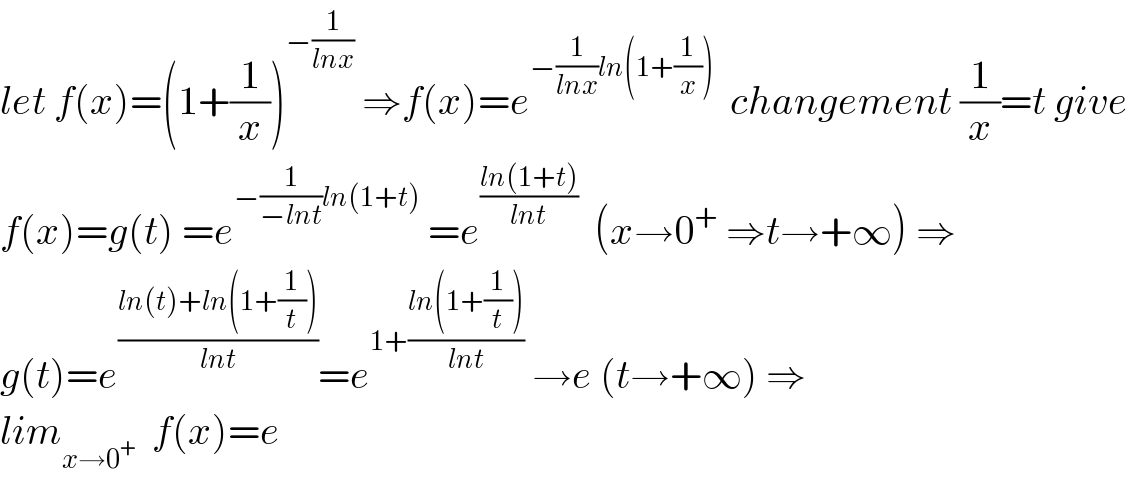
Question and Answers Forum
Question Number 82815 by M±th+et£s last updated on 24/Feb/20

Commented by mathmax by abdo last updated on 24/Feb/20

Commented by M±th+et£s last updated on 24/Feb/20

| ||
Question and Answers Forum | ||
Question Number 82815 by M±th+et£s last updated on 24/Feb/20 | ||
 | ||
Commented by mathmax by abdo last updated on 24/Feb/20 | ||
 | ||
Commented by M±th+et£s last updated on 24/Feb/20 | ||
 | ||